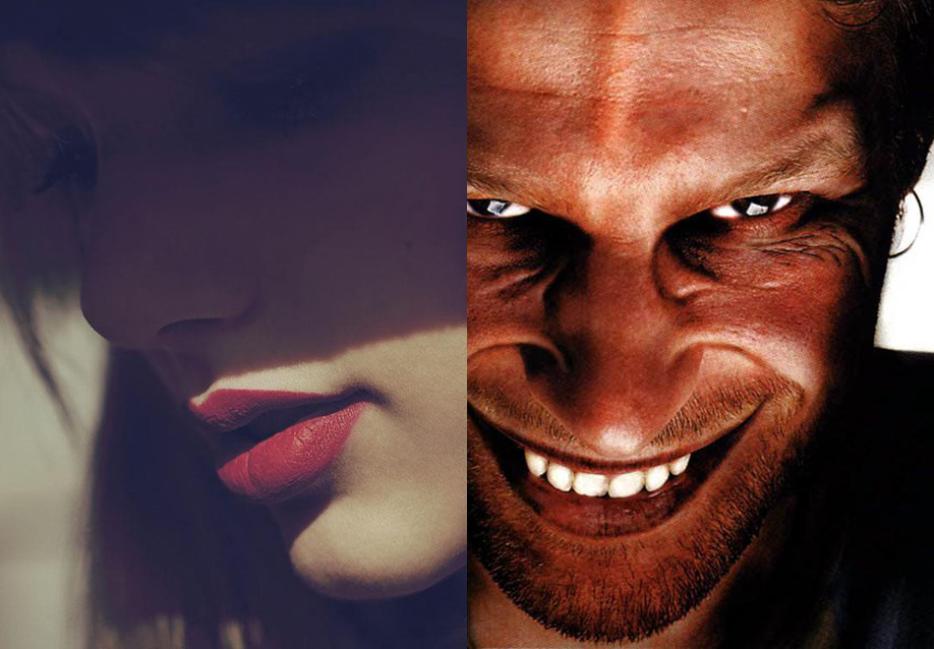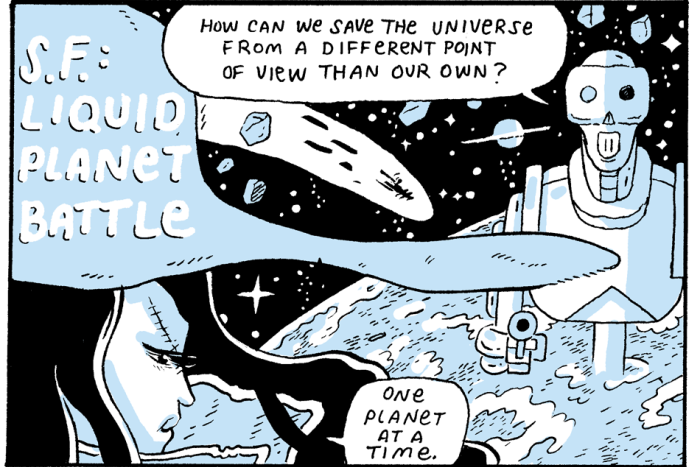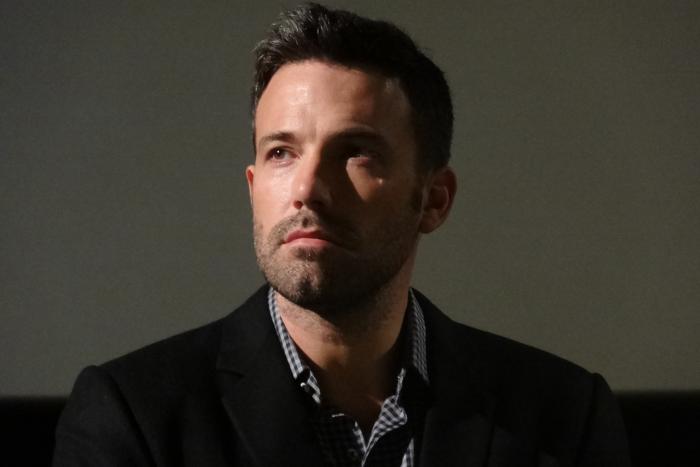Whether you consider him a comedian, an artist, or perhaps an undercover philosopher, David Rees specializes in restoring meaning to activities that seem mundane or moribund. His targets have included the newspaper comic strip (which he turned to foul-mouthed social protest in the classic 2001-09 Get Your War On), the art of pencil sharpening, and, on his ongoing TV/Hulu show Going Deep with David Rees, such basic tasks as tying your shoes, making ice cubes, or shaking hands.
So on one level, the fact that Rees has turned his hand to making “mashups” is confirmation (if you needed any) that the glory days of that popular early-2000s cultural Cuisinart-form are well and truly over. Throughout this week, Rees is posting to his Soundcloud page each of the eight tracks from his new Aphex Swift project, which mates vocals from Taylor Swift songs to instrumental tracks by avant-electronics giant Aphex Twin.
The slow-reveal method mirrors the way Swift herself has been teasing out bits and pieces of her new album 1989 ahead of its debut next week, or perhaps it’s more like “Weird Al” Yankovic posting a video for each of 10 consecutive days earlier this summer. It’s a fortuitous coincidence that Aphex Twin (Richard D. James) staged a covert-surprise release this fall of his first full-length album of new material in 13 years, Syro—Rees has said he didn’t know either album was coming when he began working on Aphex Swift earlier this year.
It’s not like Rees brings any more technical skill to the task than past practitioners such as Danger Mouse, 2ManyDJs or Freelance Hellraiser (whose “Stroke of Genie-us” mashup of Christina Aguilera and the Strokes might remain the most enduring work in that mongrel canon). Instead, what Rees always brings is that one step beyond cleverness that makes the Earth’s orbit feel like it’s wobbled just below the threshold of perceptibility. You never know if it’s a profound, Zen-like appreciation of banality or a cynical contempt for people’s absorption in the trivial.
Aphex Swift recalls the way that the best of the old mashups tended to play with binaries: the cool and the uncool, rock versus pop or hip-hop, male versus female, the “authentic” versus the “artificial”—21st-century versions of high and low culture. Heard in a kneejerk way, it could be taken as just more of the same. (It doesn’t help that Rees chose to post the album’s weakest, dullest track, “Starlightlicker,” first.)






